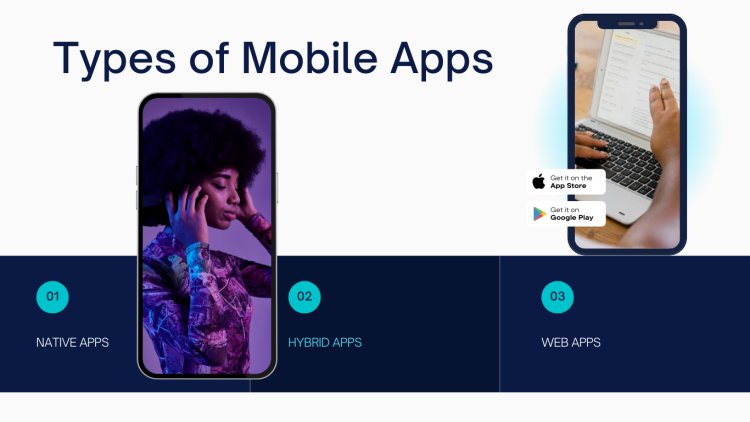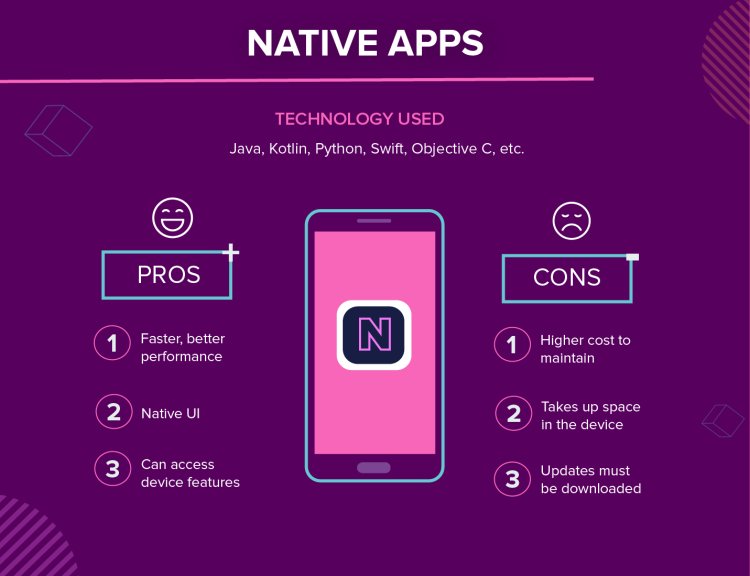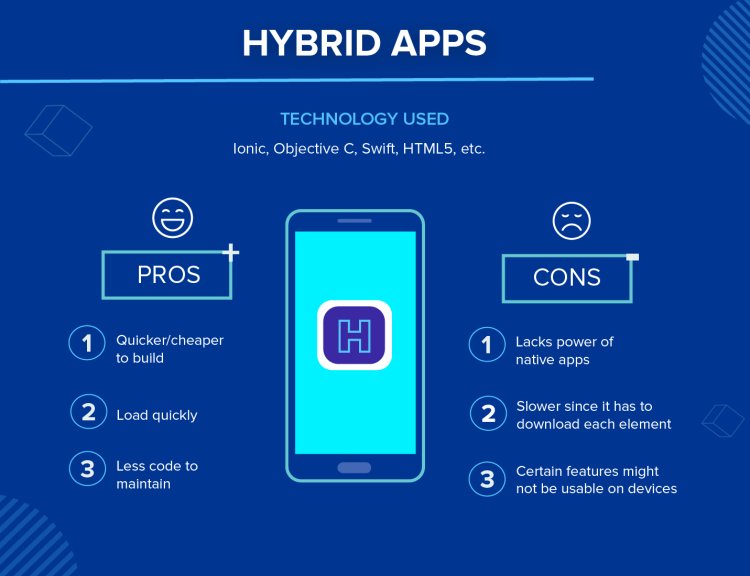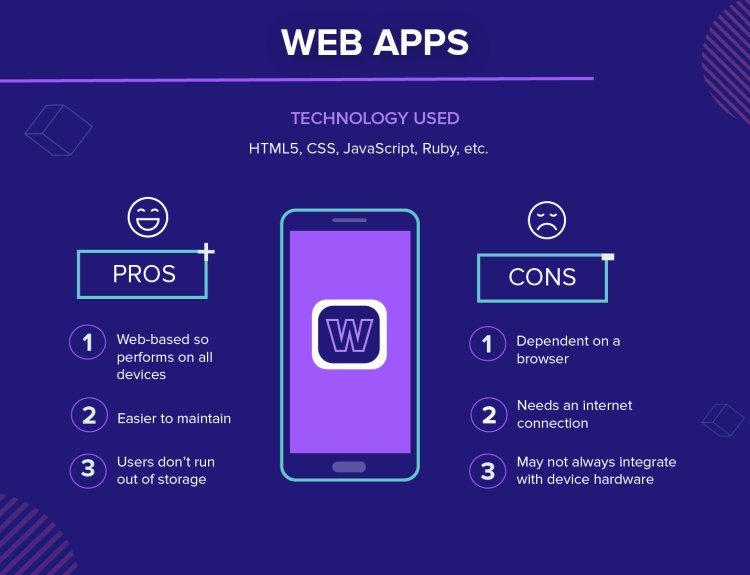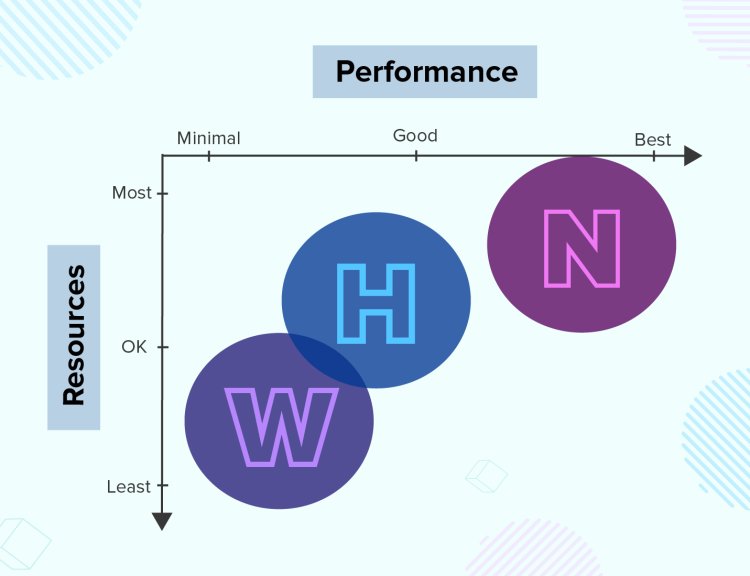What Are the Different Types of Mobile Apps? And How to Choose?
Anyone planning to build an app for their business will inevitably have to answer the question: which type of mobile app do we build?
There are several types of mobile apps, and they serve different purposes. Some of the common types of mobile apps are:
The three basic types of mobile apps are native apps, web apps, and hybrid apps. Native apps are built specifically for a particular mobile operating system, while web apps are mobile-optimized websites that can be accessed through a mobile web browser. Hybrid apps are a combination of both native and web apps, and they are wrapped in a native container, giving them the ability to have their own icon or be downloaded from an app store. Each type of app has its own advantages and disadvantages, and the choice of which type to use depends on the specific needs and requirements of the app.
-
Native Apps: These are apps built specifically for a particular mobile operating system, such as iOS or Android. They provide the best performance, user experience, and device integration, but require separate development for each platform.
-
Hybrid Apps: These apps are a combination of native and web apps. They are built using web technologies (HTML, CSS, and JavaScript) and wrapped in a native container. They can run on multiple platforms, but their performance is not as good as native apps.
-
Web Apps: These are mobile-optimized websites that can be accessed through a mobile web browser. They do not need to be downloaded or installed, and they can run on any device with a web browser.
-
Progressive Web Apps: These are web apps that can be installed on a mobile device and accessed through an icon on the home screen. They provide a similar experience to native apps but do not need to be downloaded from an app store.
-
Gaming Apps: These are apps designed specifically for gaming purposes. They can be either native or web-based.
-
Productivity Apps: These apps are designed to help users be more productive. They include apps for tasks such as note-taking, time tracking, and project management.
-
Social Media Apps: These apps are designed to connect people and allow them to share information and communicate with each other.
When choosing a mobile app, consider your needs and preferences. Native apps generally provide the best user experience, but if you need an app that can run on multiple platforms, a hybrid or web app may be a better choice. Gaming and productivity apps cater to specific needs, so choose an app that meets your requirements. Social media apps are popular, but be aware of privacy concerns and the amount of time you spend on them.
Mobile Apps: How to Choose Just One ( The deciding factor)
Choosing the right mobile app and developing mobile app can be challenging, as there are so many options available in the app stores. Here are some tips to help you choose just one:
-
Identify your needs: Start by identifying the purpose of the app you want. Do you need it for productivity, entertainment, communication, or some other purpose? Knowing what you need the app for can help you narrow down your choices.
-
Check the app reviews and ratings: Check the app reviews and ratings to see what other users are saying about the app. This can give you an idea of its quality, reliability, and user-friendliness.
-
Consider the app features: Consider the features of the app and whether they meet your needs. For example, if you need a note-taking app, does it have the ability to format text, add images, and sync with other devices?
-
Check the app compatibility: Make sure the app is compatible with your device's operating system and version. Some apps may only work on certain devices or operating systems.
-
Try the app: Many apps offer a free trial or demo version, so you can try them out before committing to a purchase. This can help you get a feel for the app and determine if it's right for you.
-
Consider the cost: Some apps are free, while others require a one-time or ongoing subscription fee. Consider the cost and whether it fits within your budget.
By following these tips, you can narrow down your choices and choose the best mobile app developers for your needs.
Click Here to Visit
What's Your Reaction?







